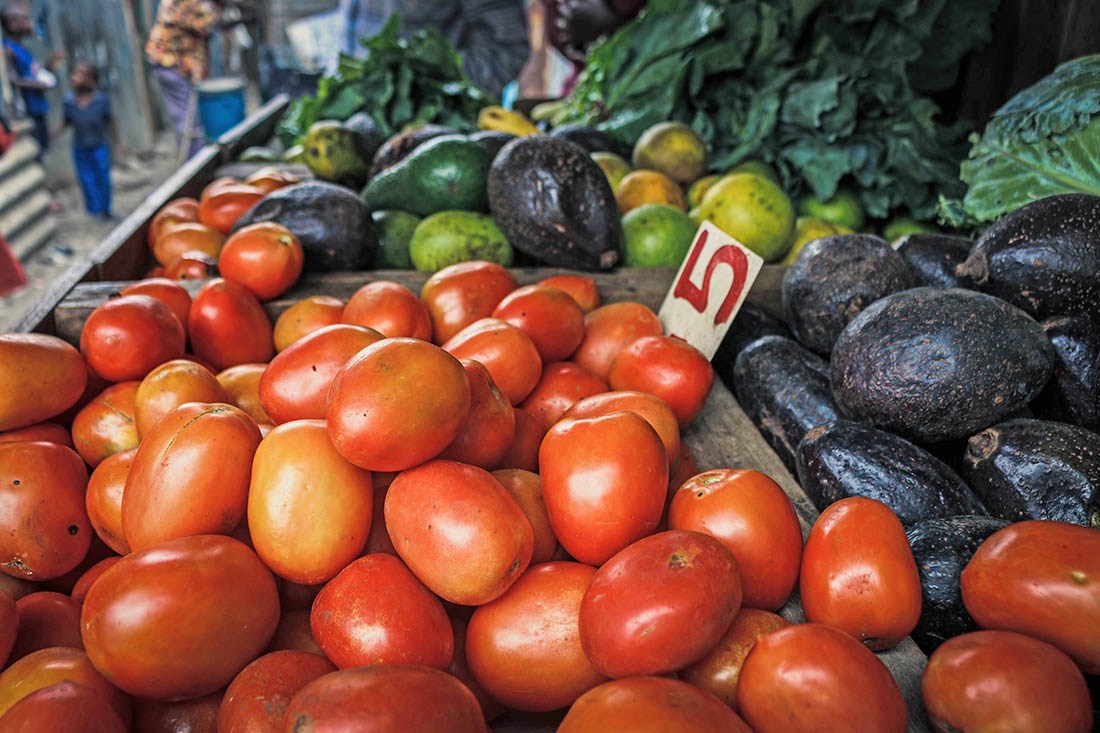The Kenya Revenue Authority (KRA) has intensified efforts to target the informal sector and small-scale traders, with hopes of collecting approximately Ksh 2.8 billion.
Speaking at the 2023 Tax Summit, the Commissioner-General of KRA, Humphrey Wattanga, indicated that the authority is currently focusing on the informal sector in Kenya, which largely evades paying taxes despite employing around 15 million Kenyans.
He mentioned that KRA is committed to addressing the challenges that have led to many SMEs being excluded from the tax net, despite their significant potential to contribute to the national revenue by helping these businesses “comply with tax regulations.”

“One of the strategies under KRA’s plan to increase the tax base is to include the informal sector, which comprises mostly small and medium-sized enterprises and women vegetable vendors. Therefore, there is a need to formulate strategies and policies to enable KRA to incorporate this sector into the tax-paying category,” said Mr. Wattanga.
KRA plans to work with the National Treasury to formulate policies that will simplify, integrate, and reduce the various tax levies imposed on the informal sector, Mr. Wattanga added.
Furthermore, the authority intends to provide training to relevant traders “to understand the importance of tax compliance.”
This new stance from KRA indicates a continued push to capture the informal sector, which is considered challenging to tax but is estimated to have the potential to contribute a total of Ksh 2.8 trillion, as suggested in the 2023 Budget Policy Statement (BPS).

“The informal sector could contribute up to Ksh 2.8 trillion in taxes as indicated in the study on MSMEs,” noted the National Treasury.
Approximately three weeks ago, KRA deployed 1,400 field officers nationwide to perform various tasks, including “helping taxpayers update their details in their digital tax payment accounts, registering businesses that have not registered with KRA, increasing their roles, confirming details such as location, contact information, and helping taxpayers comply with other tax regulations.”
The government led by William Ruto is intensifying efforts to begin taxing the informal sector and vegetable vendors while grappling with a tight budget and key economic promises made to Kenyans.
In October 2022, President Ruto stated that the KRA’s taxpayer numbers are only seven million, compared to 30 million M-Pesa subscribers, implying that there is a potential to attract more taxpayers.
“The fact that this opportunity has not yet become apparent to KRA clearly shows why change is important. Every Kenyan with an identification card must have a taxpayer number,” said the President.
Tax experts have also stressed the need for the government to create policies that establish a predictable and robust tax system.







More Stories
Emma Jalamo Delivers a great Performance at Café Deli Moi Avenue
World Class Kenya 2025 Showcase Best of Kenyan Bartending
Kenya Eyes Stronger China Ties at Global Digital Trade Expo Forum